A LOT of SEO experts and SEO consultants believe PageRank (PR) is no longer important to Google search engine rankings despite Google’s original search engine algorithms foundation being built on the concept of PageRank flow: the flow of links to a web page.
There is a HUGE difference between a Google ranking factor not being important at all and no longer holding the same importance it once held.
For example Google never used the keywords meta tag as a search engine ranking factor, it’s always had absolutely ZERO SEO ranking value, in fact since having extra HTML code to load slows a webpage down slightly and Google takes pagespeed into account now, it could be argued using meta keywords tags are SEO damaging: it’s a tiny amount of SEO damage.
PageRank vs Page Rank
Before anyone new to SEO gets confused Page Rank is how your Page Ranks in Google, you might talk about your web Page Ranks for a particular Search Engine Results Pages (SERPs). This is NOT what PageRank refers to, PageRank or PR or link benefit or link juice is a mathematical formula the creators of Google Sergey Brin and Lawrence Page created while at Stanford University studying Computer Science that is part of Google web search algorithm.
PageRank Formula Calculation
We assume page A has pages T1…Tn which point to it (i.e., are citations). The parameter d is a damping factor which can be set between 0 and 1. We usually set d to 0.85. There are more details about d in the next section. Also C(A) is defined as the number of links going out of page A. The PageRank of a page A is given as follows:
PR(A) = (1-d) + d (PR(T1)/C(T1) + ... + PR(Tn)/C(Tn))Note that the PageRanks form a probability distribution over web pages, so the sum of all web pages’ PageRanks will be one.
The above is a snippet from the original paper detailing PageRank “The Anatomy of a Large-Scale Hypertextual Web Search Engine”.
To a webmaster wanting to get better search engine rankings the above isn’t particularly helpful. What you have to understand about Google is it was originally conceived to rank webpages based on links to the webpage. More links flowing to a page, higher the page should be ranked.
In reality it’s not that simple, all web pages are not equal when it comes to passing on PR, but the basic premise holds, more links = better rankings. See image below for a better idea how PR is distributed via links, PR flows though links and ‘accumulates’ on pages where more PageRank flows through.
Pages B and C gain more PR, but note Page C only has the one link from Page B, that’s because Page B only links to Page C passing on approximately 85% of it’s ‘accumulated’ PR.
Google PageRank SEO Value
Since with each Google algorithm update like Penguin, Panda and Hummingbird brings with them new ranking factors it stands to reason the older ranking factors like PageRank, anchor text, headings, title tags etc… can not be as SEO valuable as they once were: SEO importance between all ranking factors has to add up to 100%.
If for the sake of argument imagine in 2000 Google used only 10 ranking factors and they were each shared equally in terms of importance, PageRank would be responsible for 10% of a pages rank.
If today there are 200 Google ranking factors and they are equally shared you can see PageRank would now only be responsible for 0.5% of a pages ranking just because there are more ranking factors (these are not real figures, using for illustration only).
PageRank is still important, the only question is how important?
Is it a major ranking factor like it used to be (used to be the number one SEO ranking factor) or just one of many ranking factors Google uses as part of their Hummingbird and other Google algorithms?
Honestly I don’t know how important PageRank is today, Google has so many ranking factors (over 200) trying to test just how important one is, is practically impossible. Fortunately it doesn’t matter, we know it’s important to search engine rankings and so have no choice but to aim to increase PageRank to our websites. I’m sure you know the title tag is really important SEO wise, would you stop optimizing your articles titles because Google has 199 or more other SEO ranking factors? Of course not, same argument for PageRank.
PageRank and the Google Sandbox Confusion
Before 2004 you could create a new website with 1,000 optimized pages (and optimizing a page isn’t rocket science), give it enough links (from any source almost) to get the home page to PR5 and within a few months you were practically guaranteed a fair chunk of targeted traffic. By 2005 it took at least 9 months and more likely 12 months to see any significant traffic from a significant number of new backlinks even though your websites PageRank still increased as before, this caused confusion on the webmaster forums and the so called Google Sandbox was born.
This change does not mean Google no longer uses PR/links as part of it’s ranking process, just means it’s changed how it’s does things to make an SEOs task much harder.
My take on this is Google used to take the value of a link and immediately pass that link benefit in full to the recipient page. Now (2005 onwards) there’s a significant delay between adding a link and seeing it’s benefit fully. So when a page gains a new link it won’t see it’s full effect for maybe 6 months or more (I estimate it’s between 9 and 12 months).
Since a lot of people have little patience and expect what they do today to show rewards quickly this has led them to believe PR is no longer important, since the PR of the page goes up within 3-4 months, (we used to have a public source of a pages PageRank, today we don’t) but actual rankings doesn’t move for 6+ months (12+ months in some cases).
As a webmaster this means you must obtain long term links no short term links like you see with the black hat technique of link spamming where a comment spammed link from a blog has a relatively short life on a high PR page.
To the webmaster building a real, substantial business around Google traffic expect a minimum year delay, it will be slow going with a lot of work, but you’ll get there eventually and when you do you will most likely stay there for years to come.
This is what businesses should want (long term stability) and what Google wants (sites that have earned their traffic), no fly by night websites that rank well for a couple of months, get banned and so are deleted only to be replaced with a similar site that’s banned a few months later.
During the 2004/2005 shift a lot of newer websites were hit with what was called the Google Sandbox Effect: basically a new site does well at first then for no obvious reason loses it’s Google rankings. It was called the sandbox effect because it felt like a new site was given a taste of good rankings and then put in the sandbox for no reason. I had sites just like this, but there was no Google sandbox penalty, it was an SEO artefact from links no longer passing instant SEO benefit.
Imagine creating a site in 2004 just three months before Google changed how fast it passed link benefit from a new link. As new links were built and counted SERPs and traffic would increase, but when the new Google algorithm went live the link benefit the website was ranking on was no longer passed, it was delayed: Google SERPs dropped like a stone and it appeared as though all new sites that were doing well were penalized by Google (sandboxed).
As the months passed by and links aged the domains slowly emerged from the Google sandbox: AKA they had enough link benefit to compete with older sites.
In the SEO niche once an idea for a Google penalty is out there, every second webmaster thinks their website is hit by it. To date I’ve not seen a domain yet that the so called Google sandbox effect (newish site ranking well, now it isn’t) that couldn’t be explained by other SEO factors like poor on-site SEO, lack of backlinks, using black hat SEO techniques.
I’ve seen webmasters post on forums their websites have been hit by the Google sandbox because their new domain was ranking well, but now it isn’t. When pressed for details their description of ranking well was 50 visitors a month and after the sandbox down to 20 visitors or they were ranking in the top 30 for a SERP, after the sandbox ranking top 50. Those are completely normal fluctuations for websites that are relatively new and not really ranking for anything.
David Law

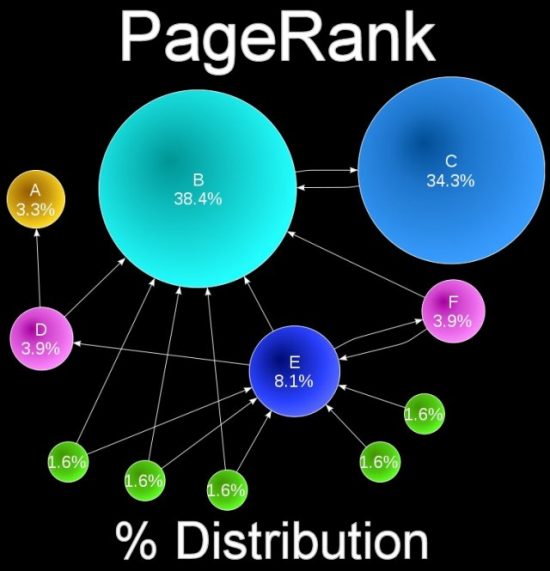
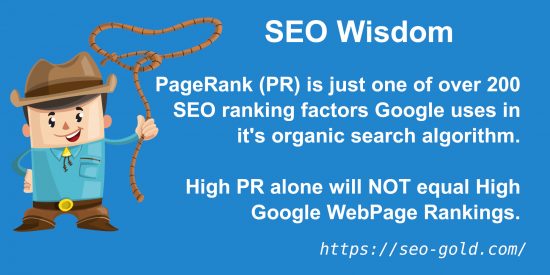
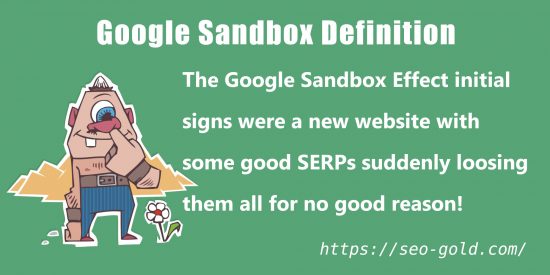
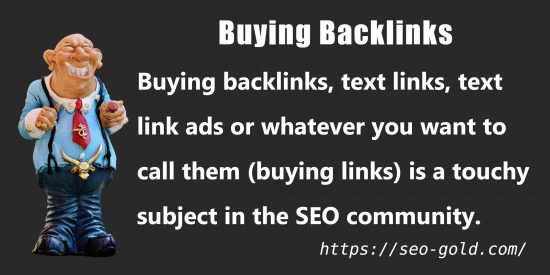
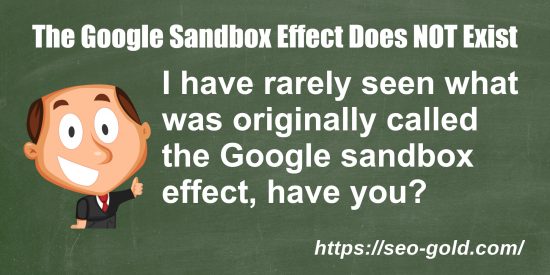
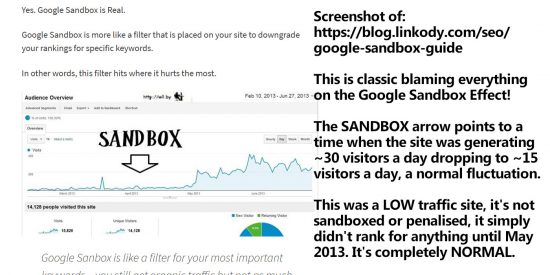

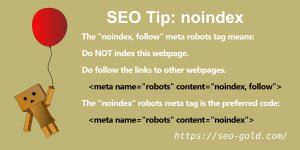
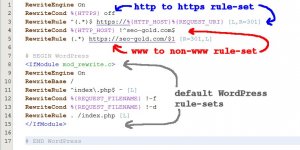
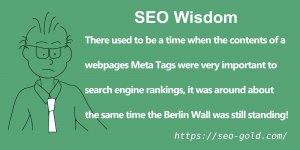
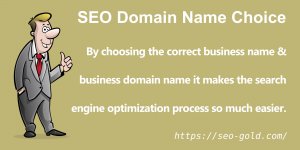
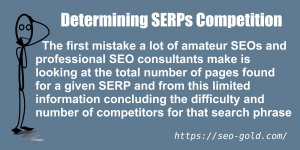
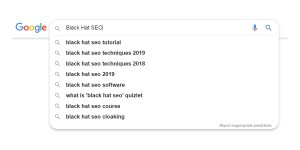


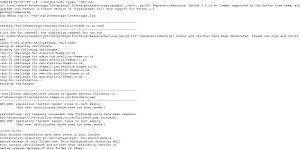
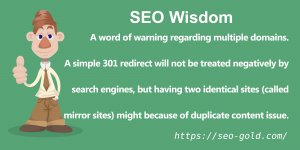
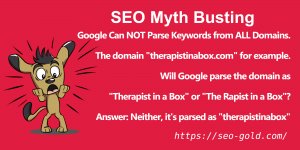

what I don’t really understand is why would google itself cock about its PageRank, if it is not that important.
Im sure its not as important as it used to be, but Im still confident that it is quite important.
Thank you very much for the timely information on Google Pagerank and Affiliate Marketing. I too believe that working on projects for the long term is the only way to approach marketing which will in turn provide value to visitors and someday customers. Stay Focused on offering value and everyone wins.
Thank you.
Larry McCann
Hey! please don’t forget that Google is not the only search engine :)
Anyway, very good reading, thanks mate.
Just came across this post here while seraching in google about how important PR is. I see that this article was written long time ago, what are your opinions these day’s about PR ? Thxs !
dave
My thoughts on PR have not changed since I wrote the above post. It still takes around 9 months for new links to work.
David
I have told people many times that page rank won’t pay the bills, alot depends on the keywords you are targeting and if you get actual visitors from those incoming links. I have pr1 sites that make more sales than pr4 sites.
This whole pr, serp is so darn intricate. Do you think it’s just more efficent to outsource the entire seo process?
I truly believe PR is overrated like others have said. Not sure everyone realizes that msn has been very, very, very good to a lot of people. It seems more people using msn will purchase than those using other search engines. I have a few friends who target msn exclusively.
Don’t you think relevance and the cache date are more important factors these day’s than the PR ?
I mean if a page got a PR5 but only got crawled once a month or less, doesn’t look like Google think it’s an important page..
Dave
The whole Page Rank thing is getting way out of hand. I feel if your web site has fresh original content your page rank will improve on its own because your traffic will increase due to readers wanting to reader what you have.
hummm 9 months to new links to work hein ?
I shoud have known that before. Thats why PR increase takes time.